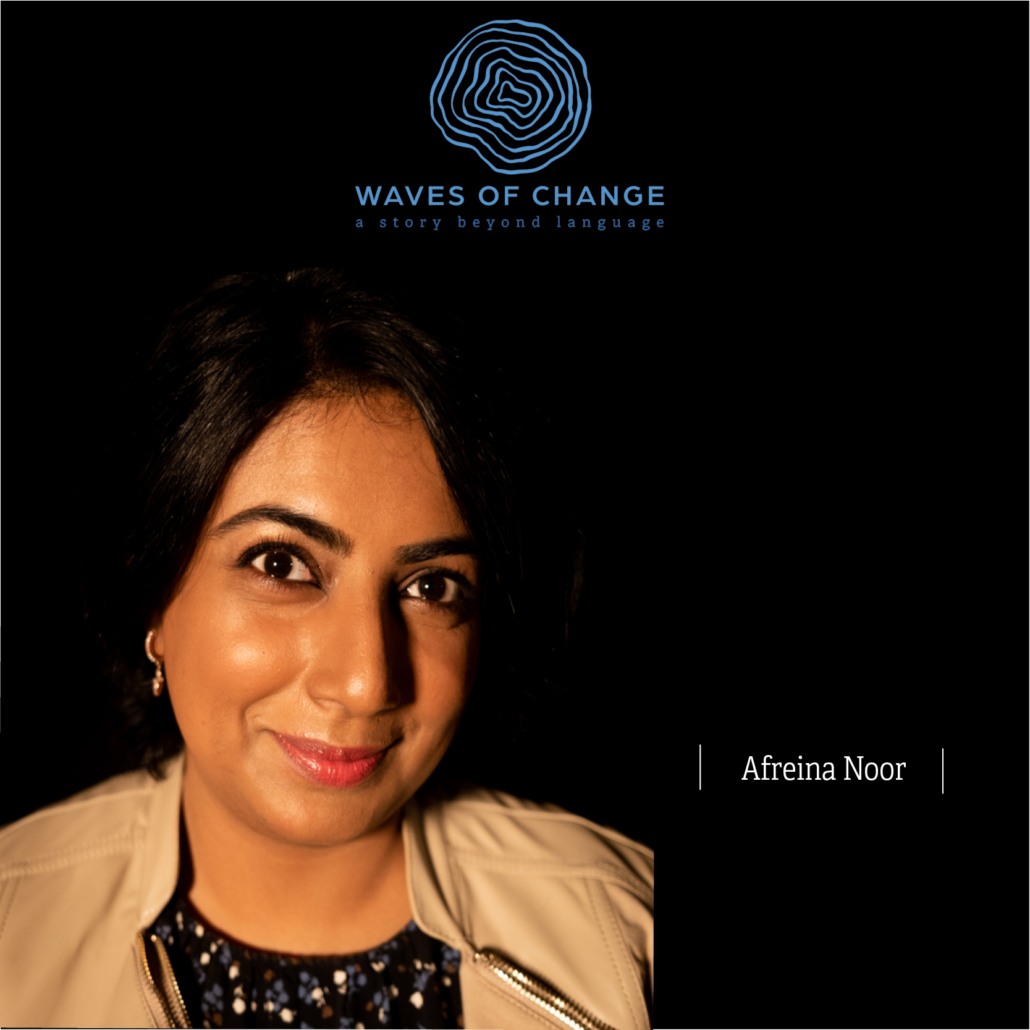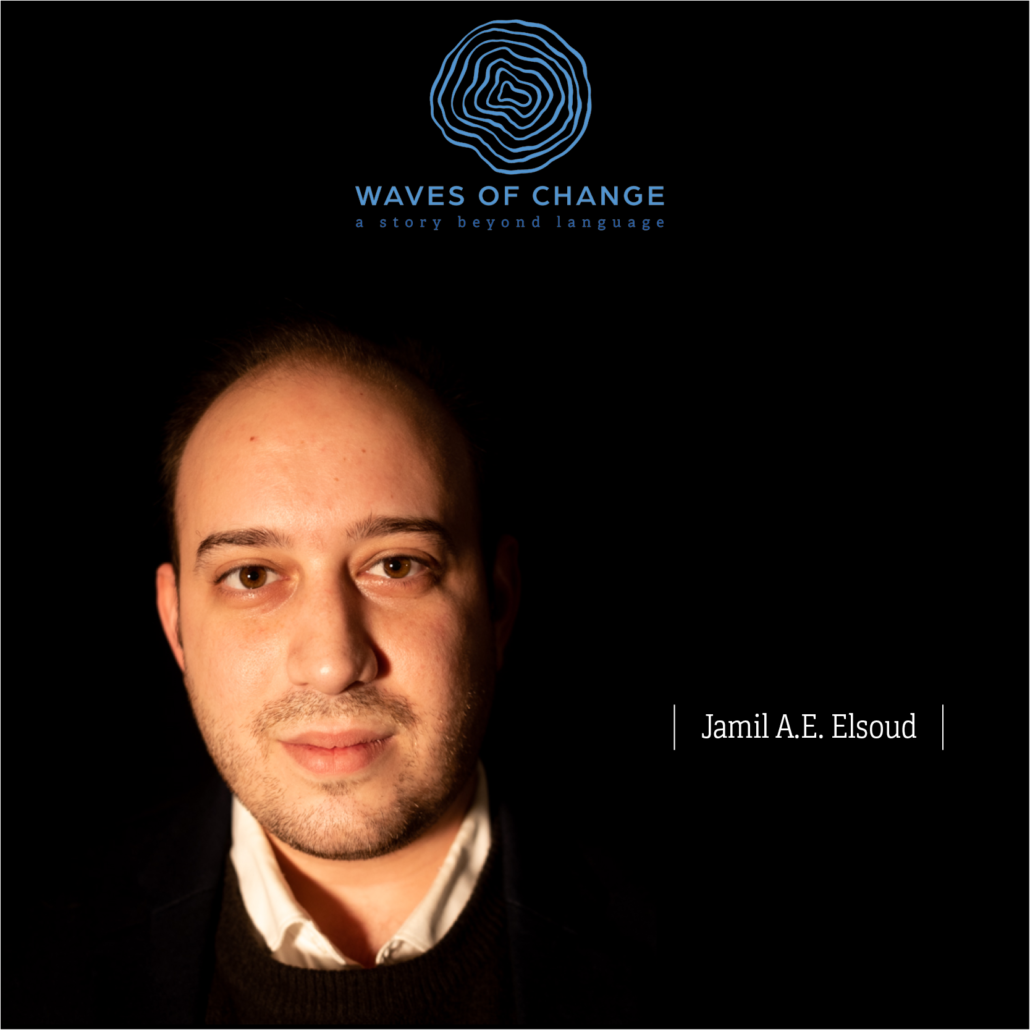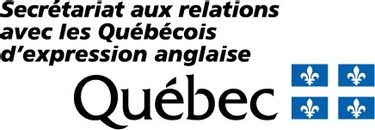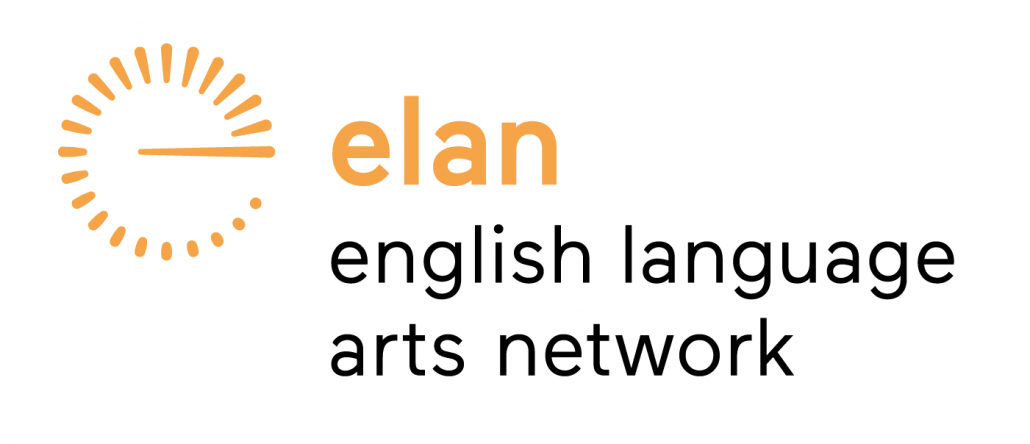The fifth wave of immigration features recent arrivals to Quebec. Still discovering the unwritten rules and trying to figure out where they belong, this high-spirited group looks to the future with optimism tinged with questions about what they must do to truly ‘belong.’
The Fifth Wave: Invisible Hoops (2010-2020)
Photo stills and video by Youssef Shoufan
Episode 5: Invisible Hoops
“Before I arrived here, I didn’t really know much. You speak to other immigrants and you hear about things like the 1995 referendum. I was unaware about any of the background which led to it. I got curious about ‘Je me souviens’ on every single car plate. What does this mean?”
– Afreina Noor
“I am from the Middle East, the mother of all problems politically. I completely understand the feeling of being surrounded, or being a minority in North America. So I understand the urge to protect the language and protect the culture.”
– Jamil A.E. Elsoud
“Having a child and navigating the health system and the school system means I’m experiencing firsthand the residual effects Quebec’s tumultuous history. People ask me, ‘Why are you speaking to your child in English when we’re in a Francophone province?’”
– Ellie Nash
“I don’t think I had a serious grasp of how critical having French is to get employment. I met people in Toronto who said, ‘We have friends who’ve been in Montreal 30 years. They’ve never learned French and they’re doing okay’ Yes, that is actually possible, but they’re also Canadian. It’s quite different if you’re trying to immigrate.”
– Seeley Quest
“When I first arrived in Canada, I landed in Toronto and spent a few weeks there. I spoke to some immigration lawyers and they said, ‘You speak all three languages of the continent, why don’t you go to Quebec? You’ll have a chance to integrate and for sure they will take advantage of your French skills.”
– Quinten Sheriff
“I did some of course research before I landed here in Montreal and I knew that language is really important here. So I studied some French but since my accent is different, they start speaking English with me. I didn’t expect that. I thought people would be more patient and give you time to learn.”
– Alaa Shabana
“I was a TV producer in India for 20 years and made some of the biggest reality shows in India. Here, I’m working in a very good organization but if I ever wanted to go back to television, and the kind of work that I was doing in India, I would have to move to Toronto.”
– Swati Khanna
“For me, obviously, racism is a big thing for me. I’ve been a victim of racism here in Quebec a few times. I’m grateful it’s not as bad as we see sometimes in places like the United States, but coming from a country of 200 million black people I’m not used to that.”
– Olatunji Binitie
“What really actually has shocked me is discrimination in the workplace. I have unfortunately experienced it at every single company I’ve worked for here in Montreal. Being a woman, being gay, and being an Anglophone, I have been underpaid, underappreciated, overworked.”
– Maranda Bell
Project Manager: Guy Rex Rodgers
guyrodgers@quebec-elan.org
A graduate of the playwriting program at the National Theatre School of Canada, Guy Rex Rodgers has worked in film and television, and specialized in writing large-scale multimedia productions for museums and special events across Canada, as well as the US, Europe and the Middle East.
He has also worked in television, interviewing artists for the Montreal International Jazz Festival and writing TV specials.
He recently wrote a pictorial history book for Montreal’s Welcome Hall Mission to commemorate their 125th anniversary. He is also a musician and has recently performed in several editions of Tim Brady’s symphonies for 100 guitarists. In 2015 he was appointed to l’Ordre des arts et des lettres du Québec.
A long-time arts activist, Guy Rex Rodgers was co-founder of the Quebec Drama Federation (QDF) and the Quebec Writers’ Federation (QWF), was a member of the founding board of le Conseil des arts et des lettres du Québec (CALQ), and was Executive Director of the English-Language Arts Network from its inception in 2004 until 2021.
Project Coordinator: Betty Esperanza
See full bio here
betty@quebec-elan.org
Videographer: Youssef Shoufan
See full bio here















